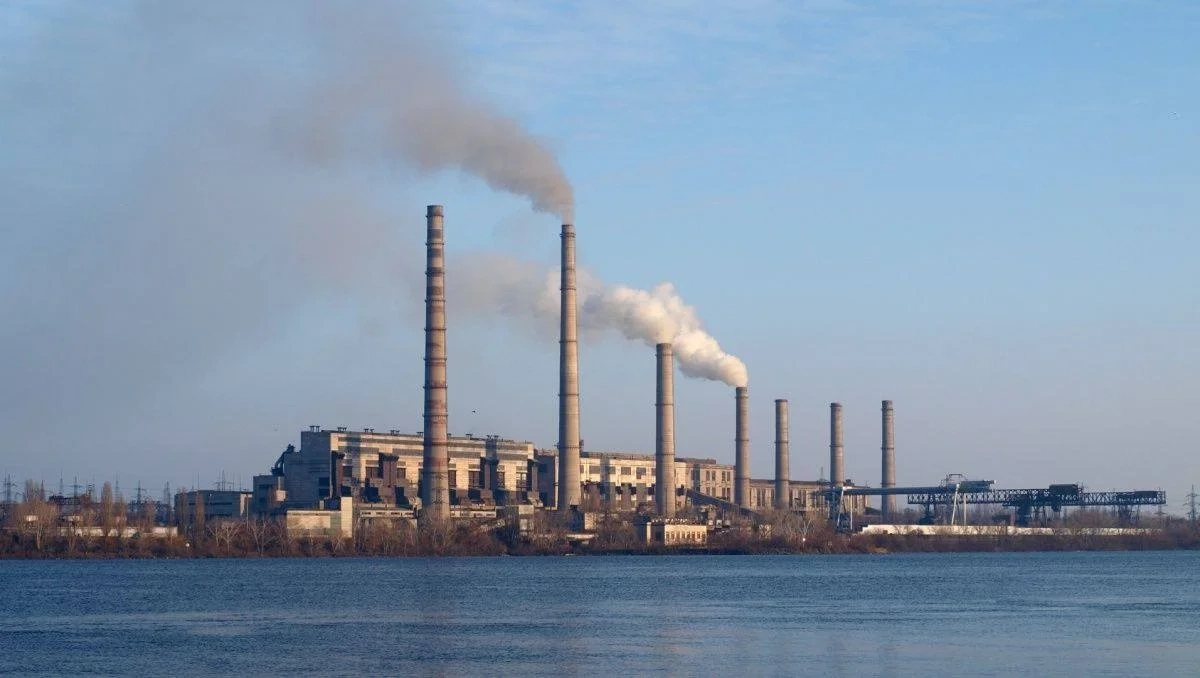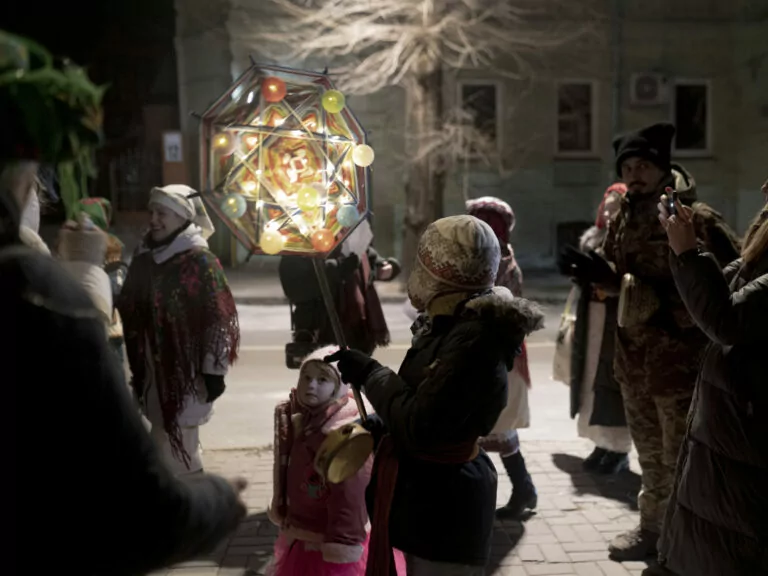UKRAINE, Oct 23 — The cities of Kharkiv, Odesa, and Kyiv are among the most vulnerable this winter, the European Union’s Ambassador to Ukraine Katarina Maternova said to Dumka, Ukrainian media from Kharkiv, on October 18, answering the question of whether there is a threat of an increase in the number of Ukrainian refugees in the European Union this winter.
In the spring of 2024, the Russian army attacked Ukrainian energy facilities with missiles and drone strikes. On May 8, the Prime Minister reported that they had destroyed or damaged 800 heating facilities in the country.
Maternova said she is convinced that the number of Ukrainian refugees in the European Union this winter will depend on the degree of destruction that the Russian army can cause to Ukrainian infrastructure by shelling.
“I hope that collectively, Ukrainians, the Ukrainian government, and international partners will be able to equip and fortify Ukraine sufficiently for the winter. However, what is still unknown is how much destruction Russia will cause. I think it will also affect people’s readiness and willingness to flee if they have to live in blackouts and cold,” Maternova said.
The ambassador noted that this spring, Russians almost entirely destroyed the heat generation system in Kharkiv. According to Kharkiv authorities, currently, local power plants are unable to generate enough electricity to cover all consumer needs, so Kharkiv supplies it from other regions.
“I think Kharkiv is one of the three most vulnerable cities in Ukraine. These are also Kyiv and Odesa. Because it has the highest consumption [of energy — ed.] among the cities. In the case of Kharkiv, most of the infrastructure is very damaged and almost completely destroyed.”
The EU Ambassador also noted that a large amount of equipment has already been delivered to Kharkiv to ensure the city’s heating season.
Read more
- On the evening of October 20, around 10:00 p.m., Russian troops launched airstrikes on the city of Kharkiv, injuring at least 13, including a child and a pregnant woman. The strikes cut off power to part of the city.





